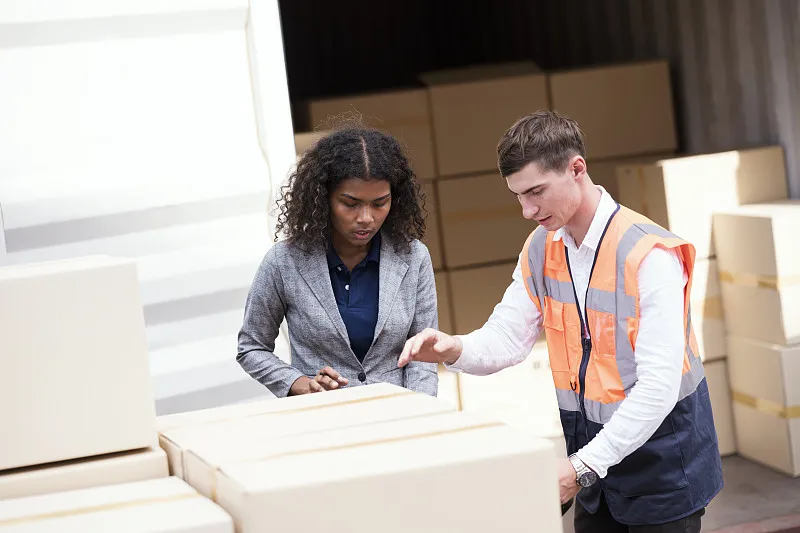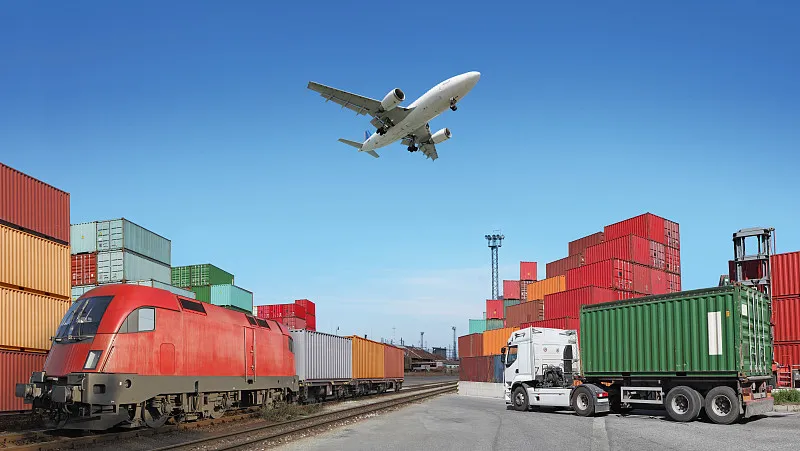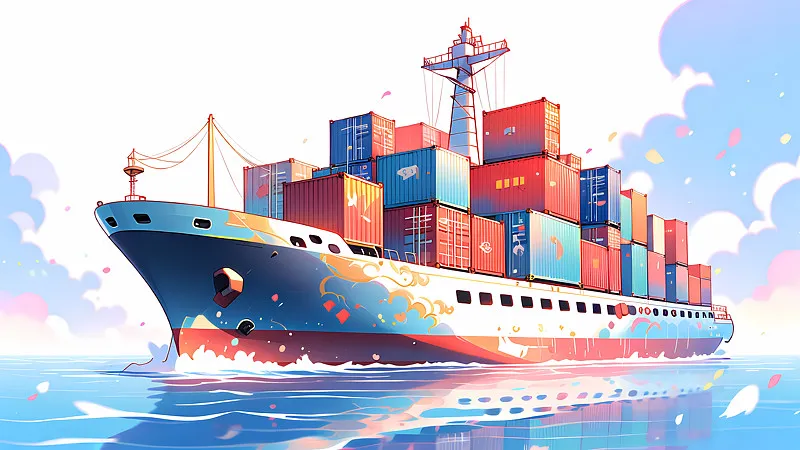
What is customs clearance?
Customs clearance is a procedure that must be performed when goods are imported, exported, or transshipped to ensure their legal clearance and smooth entry into the destination country. During this process, relevant laws and regulations must carry out customs declaration, inspection, taxation, and release procedures. Only after all necessary procedures have been completed can the goods be officially cleared and the owner or declarant pick up the goods. At the same time, the means of transport for import and export goods must also be declared to customs, and permission must be obtained before entering, leaving, or transshipping.
What is a customs broker
Customs brokers are agents registered with customs authorities who assist importers with customs-related business, including customs clearance, payment of customs duties, and application for the release of goods. They can be individuals or companies authorized by the U.S. Customs and Border Protection (CBP) to ensure that imported and exported goods are cleared through customs by the law. As the importer’s agent, the customs broker can, according to the entrustment, handle customs clearance on behalf of the importer or, in its name, provide professional customs clearance services.
What services does a customs broker provide
- Import and export customs clearance: Acting on behalf of the client to complete customs clearance procedures, including filling in customs declaration forms, submitting documents, and making declarations to customs to ensure that the information is accurate and complete.
- Document processing: We assist the client in preparing and reviewing necessary documents such as commercial invoices, packing lists, bills of lading, and contracts to ensure that they meet customs requirements.
- Tax calculation and payment: Calculating customs duties, value-added tax, and other taxes accurately based on the type and value of the goods and paying them to customs on behalf of the client.
- Goods classification and valuation: help determine the HS code and declared value of goods to ensure compliance with customs regulations.
- Customs inspection assistance: arrange for someone to accompany the goods during customs inspections, provide necessary assistance and explanations, and ensure that the inspection proceeds smoothly.
- Policy consultation: Provide consulting services on customs regulations, policies, regulatory requirements, etc., to help customers plan reasonable import and export operations.
- Logistics coordination: Work with logistics companies such as freight forwarders, shipping companies, and airlines to ensure a smooth connection between transportation, warehousing, loading and unloading, and other links and improve logistics efficiency.
- Solve customs problems: To protect customers’ interests, handle issues that may arise during customs clearance, such as the seizure of goods and disputes over taxes and fees.
The full process of customs clearance
- Goods arrival: The goods arrive at the destination country’s port, airport or border.
- Submission of customs declaration: The customs declaration and relevant documents are submitted to the customs.
- Document review: The customs reviews the documents to check whether the information on the goods is consistent with the declaration.
- Tax calculation and payment: Customs calculates and pays duties, value-added tax and other fees based on the type of goods and the declared value.
- Goods inspection: Customs may conduct random or comprehensive assessments of the goods to ensure compliance with import regulations.
- Customs clearance: After the goods have been checked, the customs office will issue a clearance notice.
- Goods collection: The goods are collected from the port, airport or warehouse and enter the domestic market or continue to be transported.
Documents required for customs clearance
Commercial Invoice:
Contains a description of the goods, quantity, value, information about the buyer and seller, etc.
Lists the packaging method, quantity, weight, volume, etc. of the goods.
Bill of Lading or Air Waybill:
Documents that prove the contract for the transportation of goods.
Proves the origin of the goods and may affect the tariff rate
Import/Export License:
A license for specific goods (e.g. food, pharmaceuticals, chemicals).
Insurance Certificate:
A document proving that the goods are insured.
Other documents:
Such as health certificates, inspection and quarantine certificates, dangerous goods certificates, etc. (depending on the type of goods)
How can customs clearance be improved?
- Prepare documents in advance: Import and export enterprises should prepare complete and accurate customs declaration documents before the goods arrive and ensure that the information in the documents is consistent to avoid delays in customs clearance caused by document problems.
- Declare accurately: truthfully and accurately fill in all the information on the customs declaration form, including the name, specifications, quantity, value, origin, etc., of the goods to avoid false or ambiguous declarations and reduce queries and inspections by customs.
- Use electronic customs declaration: Information technology platforms such as electronic ports can conduct electronic customs declarations and electronic data exchange, improving the speed of declaration and review and allowing enterprises to check the progress of customs declarations at any time.
- Maintain communication with customs: Pay close attention to changes in customs policies and regulations and customs clearance requirements, maintain good communication with customs, and consult and solve problems promptly.
- Apply for advance declaration: For goods with high time-sensitive requirements, you can apply to customs for advance declaration, complete the customs clearance procedures before the goods arrive, and release the goods as soon as they come.
- Use AEO certification: By applying for AEO (Authorized Economic Operator) certification, companies become trusted enterprises of the customs and can enjoy a series of customs clearance facilitation measures provided by the customs, such as priority handling of customs procedures and reduced inspection rates.
You may be interested in the following content:

